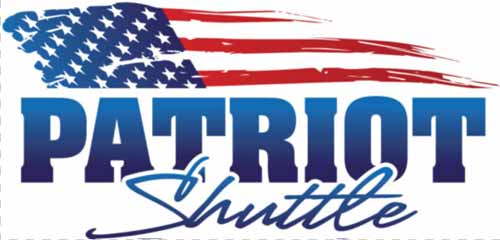Packing a Really Good School Lunch
By Jane Hersey
Seven-year-old Emma and her mom made up a list of her favorite foods under several categories:
Protein
Grain
Vegetables
Fruit.
Then they added categories for combos like:
Sandwiches
Pasta Dishes
Soups
Sides and Dips.
Protein does not have to be limited to meat, cheese or eggs. There’s also Greek yogurt, trail mix, sunflower butter, nuts, hummus and chicken sausage.
Each week Emma decides which foods she wants to have for her lunches in the coming week and Mom adds them to her shopping list. A weekly menu chart shows Emma what she need to prepare and pack for the day. With occasional help from Mom or Dad, elementary school age children can prepare their own lunches.
A wide-mouth thermos can hold soups and pasta dishes. If you pour hot water into the thermos at the start of breakfast, then pour it out before you add the food, it will help keep things hot.
Some families “hire” their pre-teens and teens to plan and prepare lunches for themselves and their siblings. There are benefits for everyone, and the “chef” is not likely to complain about the food choices!
Jane Hersey is National Director of the Feingold Association and author of Why Can’t My Child Behave? A former teacher and Head Start consultant, she has testified before the National Institutes of Health, the U.S. Department of Agriculture, and Congress about ADHD and diet. She frequently lectures at education associations, hospitals, medical groups, universities, and schools, and she spearheaded one of the first low-additive school food programs in the country in the 1980s.
The Feingold Association
The nonprofit Feingold Association (www.feingold.org / 800-321-3287) helps parents use the Feingold Diet, which eliminates synthetic food dyes, artificial flavorings, and certain preservatives. This diet was developed by pediatrician/allergist Dr. Ben Feingold. The charity conducts in-depth research with food companies and provides members with information about which foods are free of harmful additives. Its advisory board and board of directors include medical professionals from Johns Hopkins University, the University of Rochester, Stony Brook University, Baltimore’s Sinai Hospital, and other institutions.
The nonprofit Feingold Association (www.feingold.org / 800-321-3287) helps parents use the Feingold Diet, which eliminates synthetic food dyes, artificial flavorings, and certain preservatives. This diet was developed by pediatrician/allergist Dr. Ben Feingold. The charity conducts in-depth research with food companies and provides members with information about which foods are free of harmful additives. Its advisory board and board of directors include medical professionals from Johns Hopkins University, the University of Rochester, Stony Brook University, Baltimore’s Sinai Hospital, and other institutions.
Individual dietary needs vary and no one diet will meet everyone’s daily requirements. Before starting any new diet, check with your doctor or nutritionist.




































